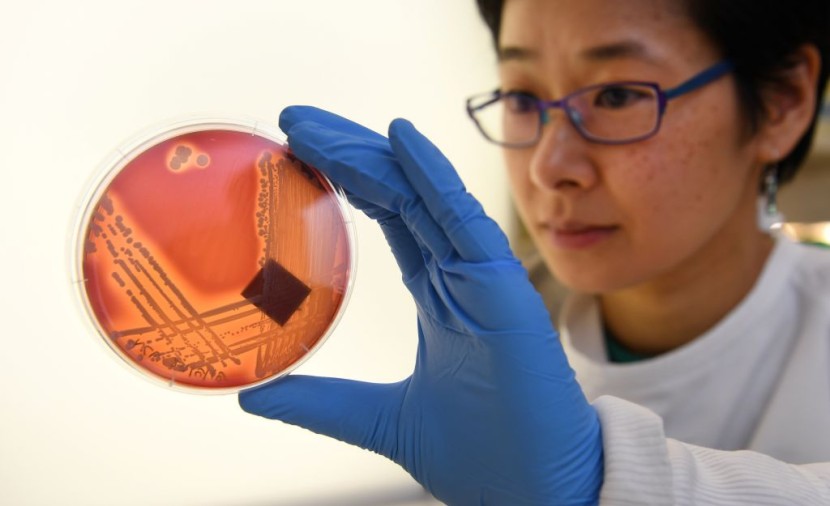
The next pandemic in India could be caused by antibiotic resistance, a condition in which bacteria evolve over time and finally acquire the capacity to withstand the treatments intended to kill them.
Nearly 60,000 newborns lose their lives to neonatal illnesses that are resistant to antibiotics every year. In just 2019, antibiotic-resistant newborn illnesses resulted in 1.27 million fatalities globally.
Superbug 'Pandemic' Stalks India
These are the infections where the bacteria evolve until they can resist the medications intended to treat them. India is one of the nations that have been most negatively impacted by antimicrobial resistance, according to a report. A government report that illustrates how things are becoming worse every day is also mentioned in the report.
According to the article, tests were conducted at Kasturba Hospital to determine which antibiotic would be most effective against the five major bacterial infections, including Klebsiella pneumonia and E. coli.
The study discovered that a variety of medications were just 15% efficient at treating the illnesses brought on by those bacterial pathogens. They also discovered an increase in infections known as Acinetobacter baumannii that are multidrug resistant. A patient's lungs are attacked by Acinetobacter baumannii, as per Live Mint.
According to a recent study by the Indian Council of Medical Research (ICMR), resistance to the potent antibiotic class known as carbapenems, which kills a variety of bacteria, has increased by up to 10% in just one year. Every year, information on antibiotic resistance is gathered by report from up to 30 public and commercial hospitals.
According to the ICMR analysis, the situation is so dire that only 43% of the pneumonia infections brought on by one pathogen in India might be treated with first-line antibiotics in 2021, down from 65% in 2016. Saswati Sinha, a critical care specialist at AMRI Hospital in Kolkata, India, claims that the situation is so bad that six out of 10 patients in her intensive care unit have infections that are resistant to treatment.
Doctors at Kasturba Hospital claim that antibiotic resistance is common, even among outpatients from villages and small towns suffering from illnesses including pneumonia and urinary tract infections. It has reached a point where there aren't many options available to treat some of these patients.
Doctors find it challenging to obtain details of their prior exposure to antibiotics because the majority don't carry prescriptions and can't remember the medications they were administered. Such patients are difficult to manage. Dr. Kalantri asserts that ordering increasingly more antibiotics is a desperate approach that is likely to cause more harm than good. Public health professionals think many doctors in India give out antibiotics carelessly, BBC reported.
Read Also: Thailand Nursery Massacre: 3-Year-Old Survives Horrifying Tragedy After Sleeping Under a Blanket
Risks of Being Infected by Antibiotic-Resistant Bacteria
The Milken Institute School of Public Health, bacteria can occasionally develop a natural resistance to antibiotics, possibly as a result of an abnormally thick cell wall or the capacity to manufacture neutralizing enzymes. But typically, a lot of bacteria become immune to antibiotics in one of the following ways:
- During DNA replication, the bacteria's DNA may change (when the bacteria multiply). They become more able to survive and more resistant to antibiotics as a result.
- There may be horizontal gene transfer. To make other bacteria resistant to antibiotics, antibiotic-resistant bacteria spread their genetic material to other bacteria.
Even if the resistant bacteria are exposed to antibiotics, they can continue to grow. The World Health Organization (WHO) claims that overuse and abuse of antibiotics over time are what brought about this situation.
The largest threat posed by antibiotic resistance is that we won't be able to successfully treat infections that were previously curable with antibiotics. There will be fewer available treatments for many infections. The remaining choices could be pricey, which might make them unaffordable for certain people. Additionally, the availability of antibiotics is essential for many medical developments and therapies.
This covers joint replacement operations, organ transplants, chemotherapy, and the management of several chronic illnesses, according to Health Line.
@YouTube
© 2025 HNGN, All rights reserved. Do not reproduce without permission.








